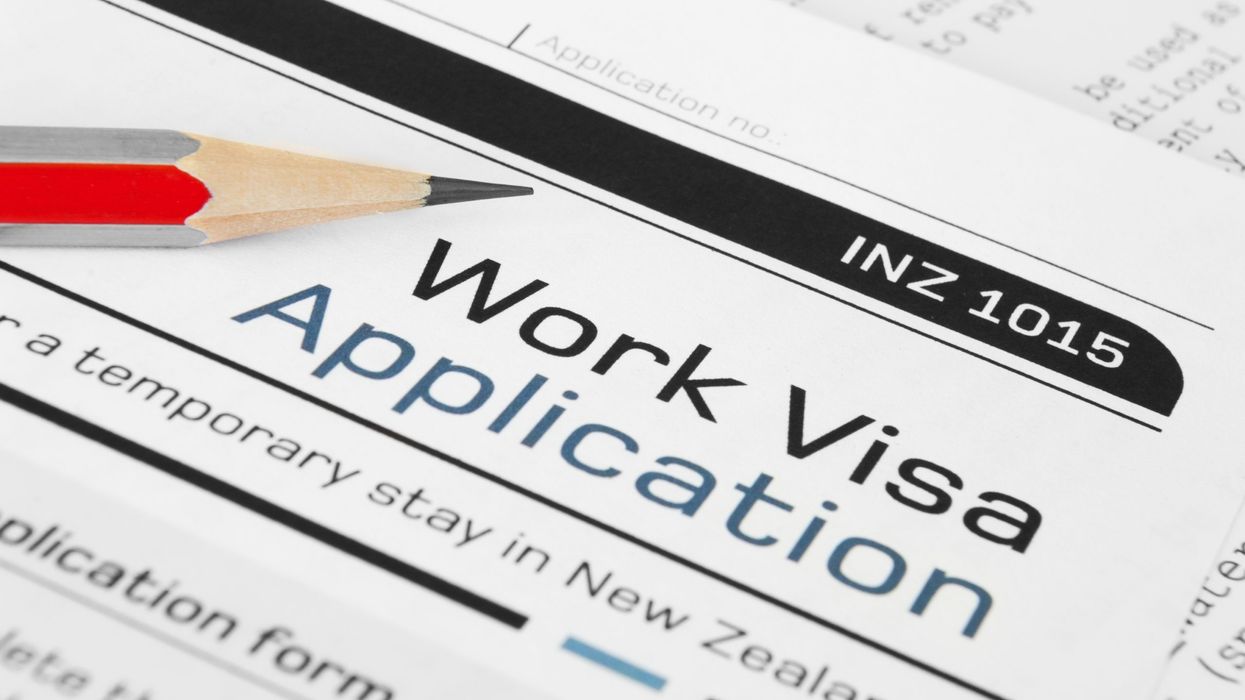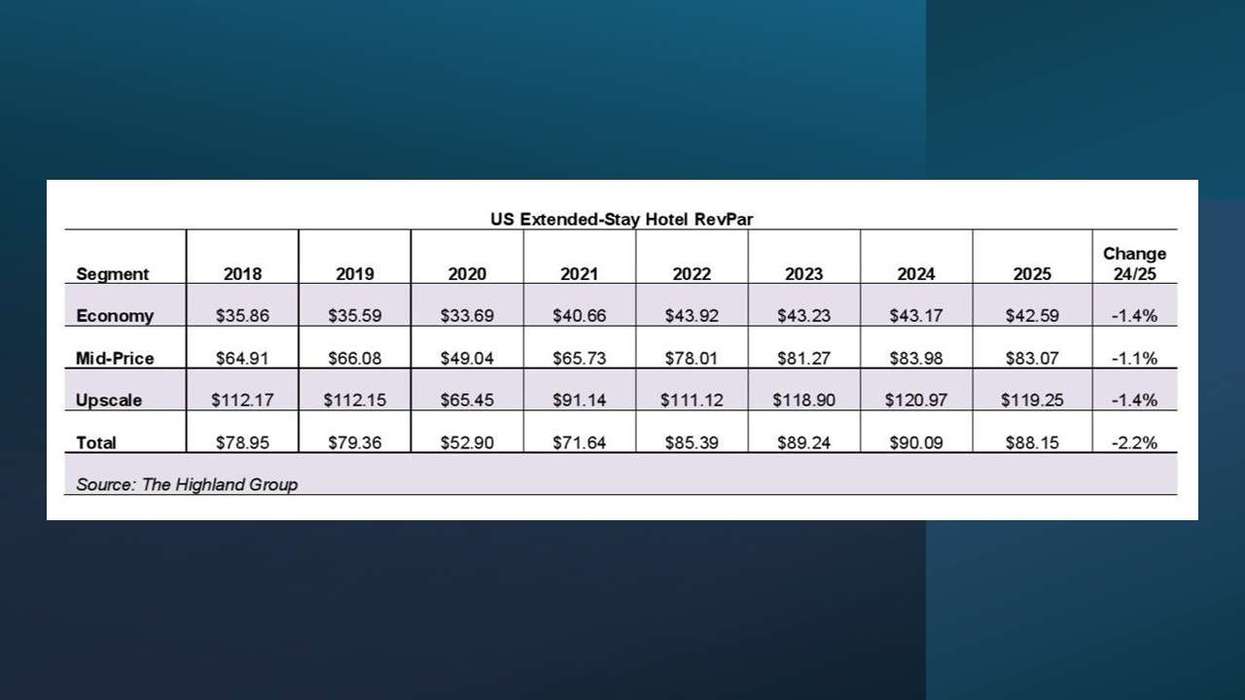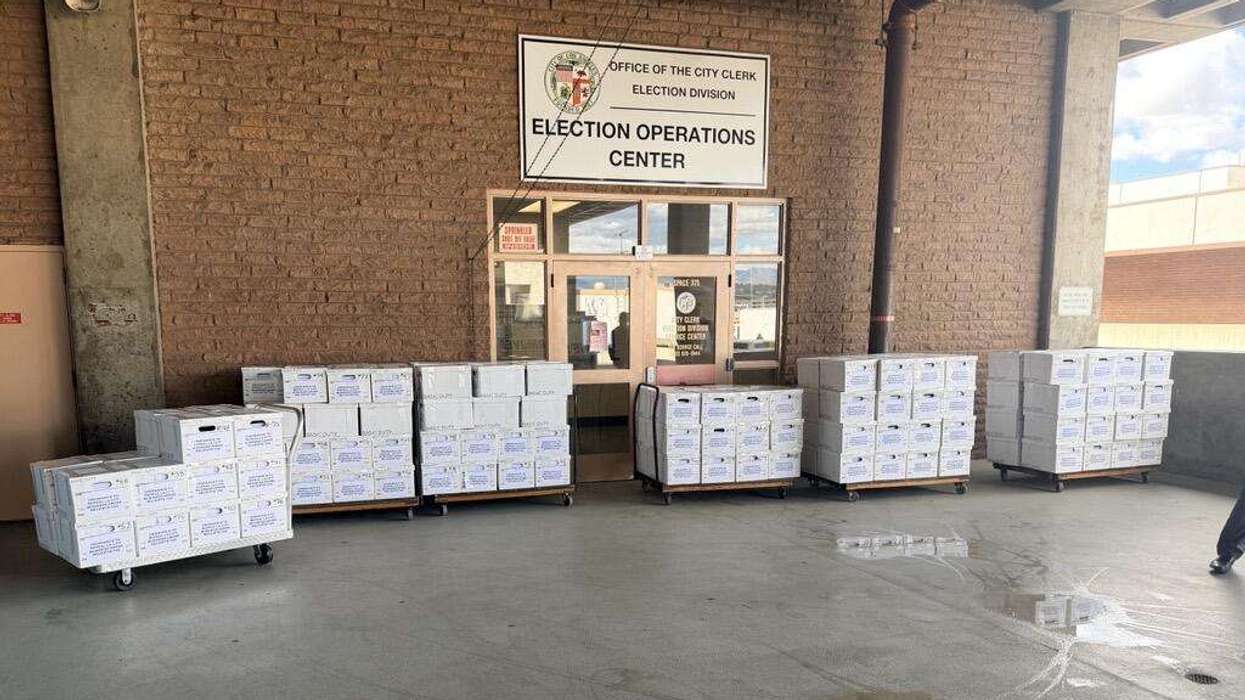THE U.S. DEPARTMENT of Homeland Security will make available more than 64,000 additional H-2B temporary nonagricultural worker visas for fiscal year 2023. The extra visas will help the hotel and travel industries meet continuing labor shortages, according to the U.S. Travel Association.
DHS also will issue its normal allotment of 66,000 H-2B visas as well as the 64,716 extra visas. The visas, which permit employers to temporarily hire noncitizens to perform certain labor in the U.S., became available at the beginning of October. Also, the agency created the new Worker Protection Taskforce to make sure the H-2B visa workers are not exploited.
“The Department of Homeland Security is moving with unprecedented speed to meet the needs of American businesses,” said Alejandro Mayorkas, secretary of Homeland Security. “At a time of record job growth, this full year allocation at the very outset of the fiscal year will ensure that businesses can plan for their peak season labor needs. We also will bolster worker protections to safeguard the integrity of the program from unscrupulous employers who would seek to exploit the workers by paying substandard wages and maintaining unsafe work conditions.”
Last December, DHS and the Department of Labor authorized an additional 20,000 H-2B visas for fiscal year 2022. Both year’s actions were beneficial to the travel industry, said Geoff Freeman, USTA president and CEO, in a statement.
“After months of vociferous advocacy from USTA, this announcement, the largest ever supplemental visa release, is a lifeline for an industry whose workforce shortage tops a million open positions. This will provide the travel industry with thousands of workers ahead of the peak travel season, allowing businesses to adequately prepare for a surge in demand,” Freeman said. “USTA is a vocal advocate for increasing the cap of H-2B visas, and we will continue to call on Congress to pass an exemption to the cap in fiscal year 2023 and enact a permanent expansion of the H-2B program.”
The supplemental visas for 2023 include 20,000 for workers from Haiti, Honduras, Guatemala and El Salvador as part of the Biden administration’s policy to provide an alternative to irregular migration. The remaining 44,716 supplemental visas will be available to returning workers who received an H-2B visa or were granted H-2B status, during one of the last three fiscal years, allocated between the first and second halves of the fiscal year to meet the need for seasonal workers.
Employers seeking H-2B workers must show that there are not enough U.S. workers who are able, willing, qualified, and available to perform the temporary work for which they seek a prospective foreign worker. They also must certify that employing H-2B workers will not adversely affect the wages and working conditions of similarly employed U.S. workers.
The new Worker Protection Taskforce will focus on threats to H-2B program integrity, the fundamental vulnerabilities of workers involved in the property and hiring policy violations by employers. DHS and DOL will consider various policies to address the issues and in the near future DHS plans to issue a notice of proposed rulemaking relating to the visa programs to strengthen protections for H-2B workers.






